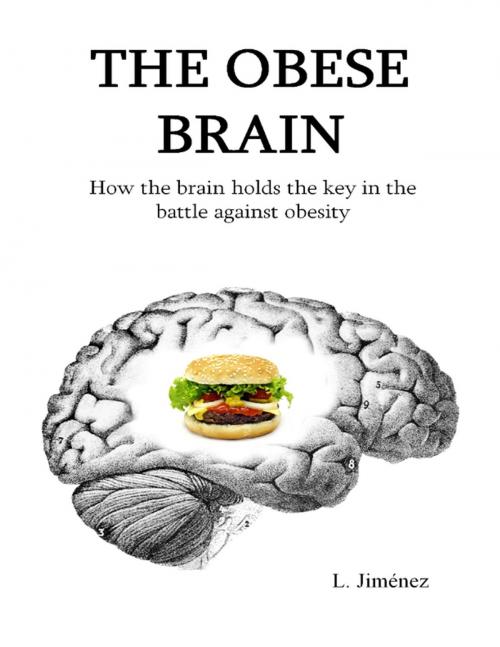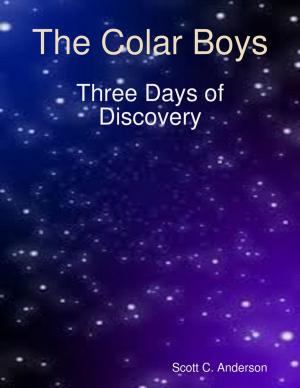| Author: | L. Jiménez | ISBN: | 9781326658007 |
| Publisher: | Lulu.com | Publication: | October 17, 2016 |
| Imprint: | Lulu.com | Language: | English |
| Author: | L. Jiménez |
| ISBN: | 9781326658007 |
| Publisher: | Lulu.com |
| Publication: | October 17, 2016 |
| Imprint: | Lulu.com |
| Language: | English |
Findings from studies conducted in recent years suggest a new and promising perspective based around one central idea: what if the key to obesity is not to be found in the stomach but in the brain? How does the brain control the intake of energy? Why do we sometimes eat without needing to? Can we become addicted to foods? What impact does food marketing have on us? And can we change bad habits and lose weight? “A book that, without doubt, I would have liked to have written myself”. Juan Revenga, dietitian and biologist. “Well written and entertaining... an inventive and interesting approach”. Fernando Mosquera, psychiatrist and medical director. About the author: Luis Jiménez, BSc in Chemical Sciences. Author of books in Spanish on nutrition and health: "Lo que dice la ciencia para adelagzar" and “Lo que dice la ciencia sobre dietas, alimentación y salud”. Both books have been bestsellers in Spanish bookstores and in Amazon Spain
Findings from studies conducted in recent years suggest a new and promising perspective based around one central idea: what if the key to obesity is not to be found in the stomach but in the brain? How does the brain control the intake of energy? Why do we sometimes eat without needing to? Can we become addicted to foods? What impact does food marketing have on us? And can we change bad habits and lose weight? “A book that, without doubt, I would have liked to have written myself”. Juan Revenga, dietitian and biologist. “Well written and entertaining... an inventive and interesting approach”. Fernando Mosquera, psychiatrist and medical director. About the author: Luis Jiménez, BSc in Chemical Sciences. Author of books in Spanish on nutrition and health: "Lo que dice la ciencia para adelagzar" and “Lo que dice la ciencia sobre dietas, alimentación y salud”. Both books have been bestsellers in Spanish bookstores and in Amazon Spain















